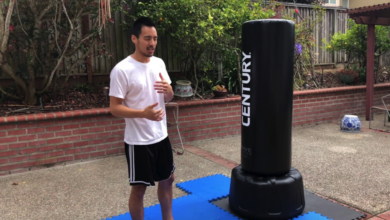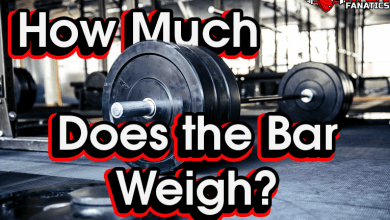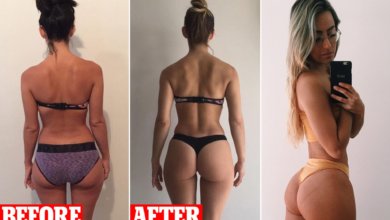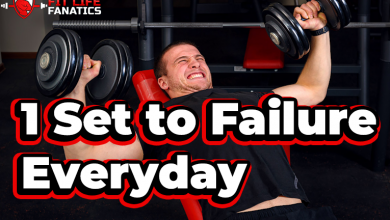Why Is Protein Powder so Expensive?
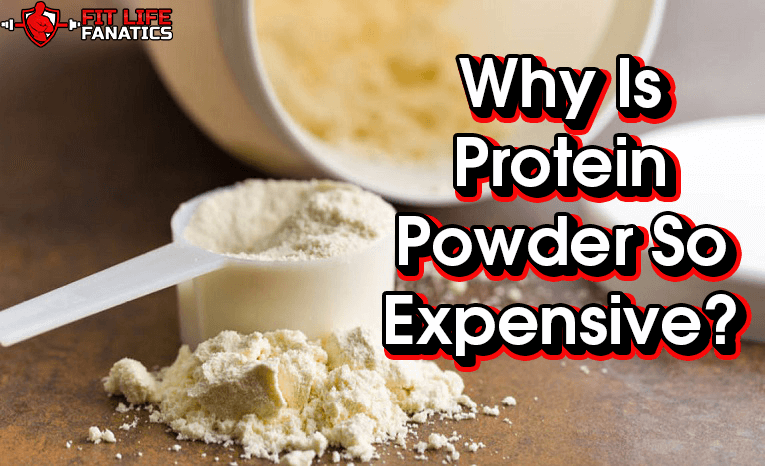
Ever since protein powder has turned into a sports nutrition staple, the prices have only gone up. Considering that extraction technology has improved by leaps and bounds, and raw material has gotten cheaper, shouldn't it be the other way round?
Sure, the packaging has gotten fancier and it comes in more flavors, but other than that, why is protein powder so expensive?
That's what I wanted to find out as well. Most of the information that I came across on the internet was either half-baked or plain humbug. So, I decided to dig deeper until I found a satisfactory answer.
Why Is Protein Powder so Expensive?
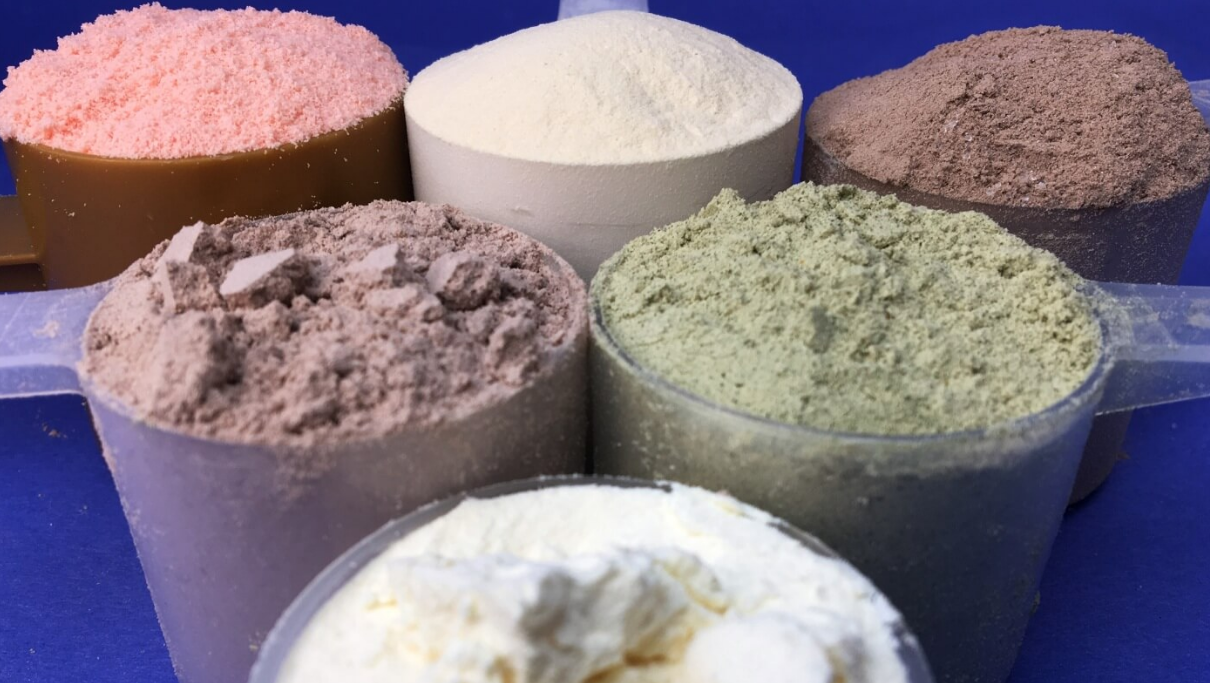
There are several reasons why protein powder is pricey. Before we get into more granular details, here's a fact. Protein powder has attained almost mythical status in the minds of the fitness-savvy generation. It's looked upon as a panacea for all things muscle, and that kind of explains why more and more fitness junkies are drifting towards protein powder for smoothies these days.
That's not to say that it's hyped, mind you. From fast absorption to the amino-acid profile, there's adequate scientific research and media coverage to back up the use of protein powder. But the question is, does increased demand alone justify the price?
Turns out that it's not mere economics at play. There's more to it.
The Ingredients
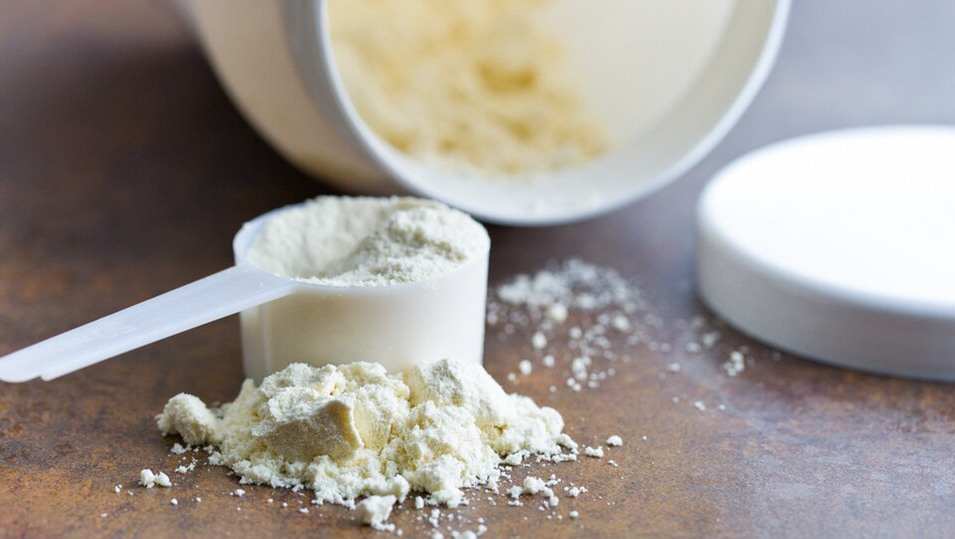
Protein powder is all about the ingredients that go into it. Generally, quality ingredients are more expensive to source. For instance, grass-fed organic whey is more expensive than regular whey, sourced from indoor-fed cow milk. What's the difference, you wonder?
Grass Fed Organic Whey contains higher concentrations of β-Carotene, Polyunsaturated fats, Monounsaturated fats, phosphorus, iron, manganese, calcium and CLA, which have a slew of health benefits, such as increased immunity and better cardiovascular health. Another reason for the additional cost is that it is imported from Germany, Netherlands and Poland.
Add to that the cost of adding flavor, making it palatable, easier to dissolve and you can see why the price is high.
Manufacturing Process
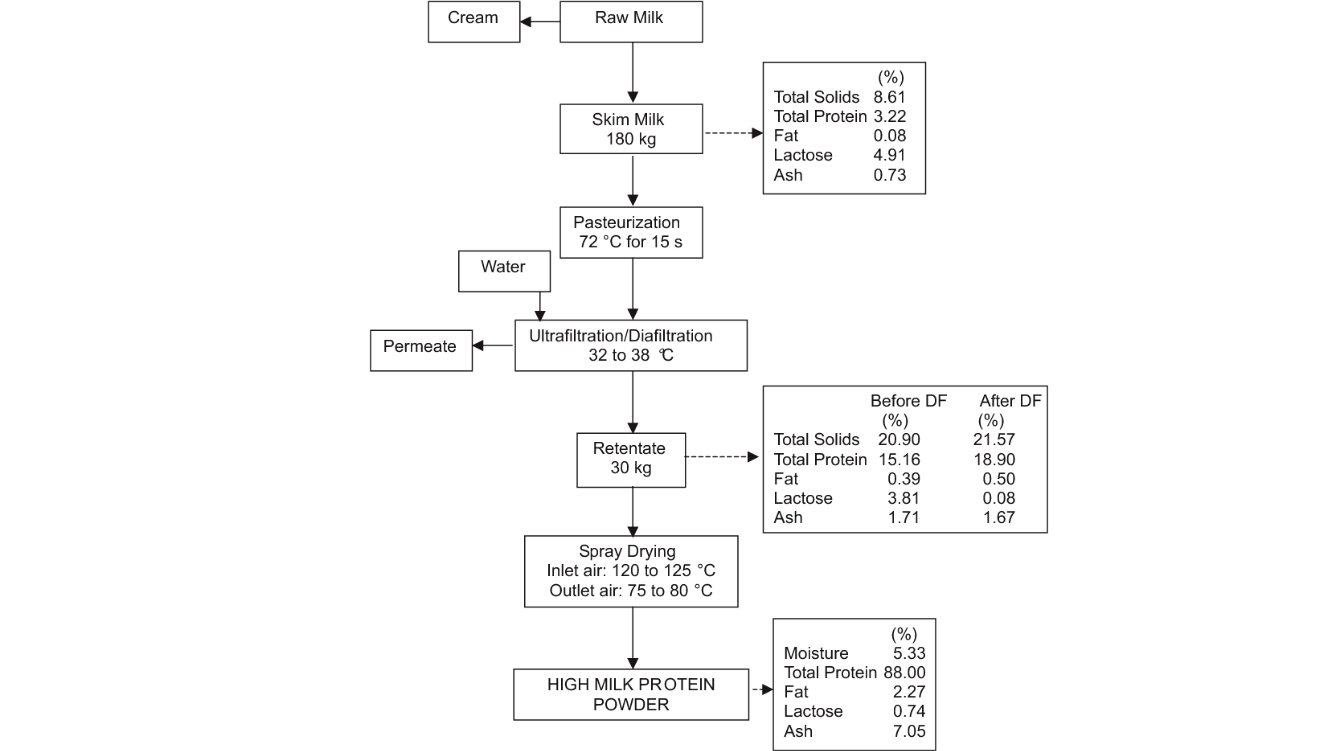
The manufacturing process also plays a role in deciding the price. Cold Processing is a method that preserves the nutritional value of the raw material, while ensuring a more potent product. It does not denature the amino acids or aggregate the protein, causing clusters to form.
That said, cold processing is a laborious and more expensive process than traditional heat processing. But it is worth it in the end, because of the superior quality of protein that you get.
Type of Protein
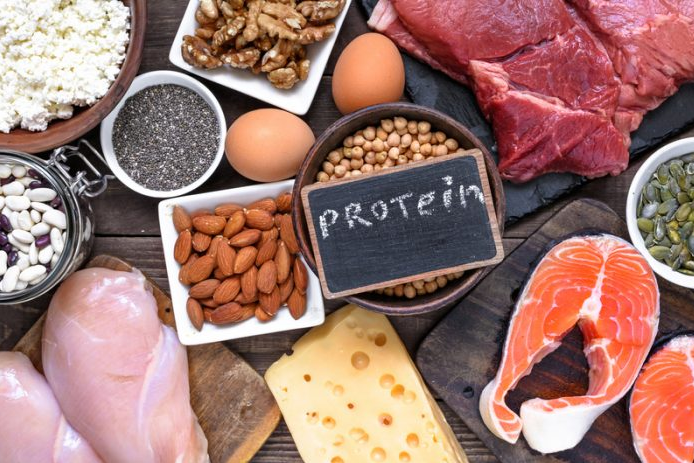
Not all protein powders are created equal. If you take a look at the list of ingredients, there would be several proteins listed separately, such as whey protein concentrate, whey protein isolate, soy protein (which is prevalent in herbalife meal shake, as you can see in this Shakeology vs Herbalife showdown), pea protein, brown rice, Quinoa, and so on. And then some protein powders are whey-free, which is fine.
Whey concentrate is considered a low-cost ingredient compared to the fancier whey isolate. Concentrate is simply a blend of whey protein and may include Isolate and Casein, along with added flavoring, and sweeteners.
Isolate is a purer form of Whey protein where the protein is broken down into peptides, amino acids and individual proteins, that are then purified via membrane filtration. This means that it's a higher quality product than a concentrate. When it comes to vegan protein, pea protein leads the pack in terms of amino acid concentration, absorption rate and bioavailability.
Soy comes a close second, but nowadays, people tend to look at it with skepticism because of the presence of phytoestrogens. But still, some meal shakes like soylent and its alternatives are a favorite for many in the fitness space. Vegan blends can sometimes contain disproportionate concentrations of cheap proteins with poor bioavailability. The ones with 100% pea protein or brown rice protein tend to be expensive.
My Personal Favorite Affordable Protein Meal Replacement Shake
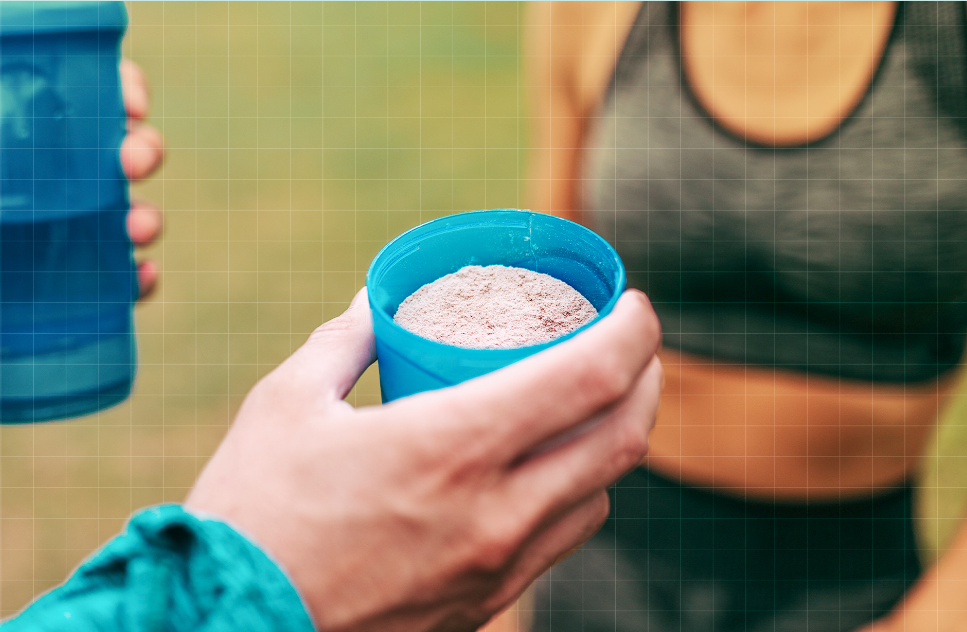
As a recreational athlete, I cannot afford fancy protein powders with inflated price tags. Especially, since I use multiple servings of protein every day to meet my macros. It has been debated whether you should use protein shakes when not hitting the gym. If you are worried if you should drink protein shakes without working out, not to worry, I have been taking mine without exercise too, but responsibly.
So, I spent weeks researching reasonably priced protein powders that do not cut corners with the ingredients, or include ingredients such as creatine, or high sodium levels, which could cause more harm than good. Just to be clear, to say that there are many effective protein powders that don't require a hefty price tag would be an understatement.
I only found a fair few protein powders without creatine, fewer low-sodium protein powders, and yes, even fewer good ones like Lyfe Fuel (here is my review), Huel, Kachava and Athletic Greens that were worth a glance.
Kachava - My Personal Favorite
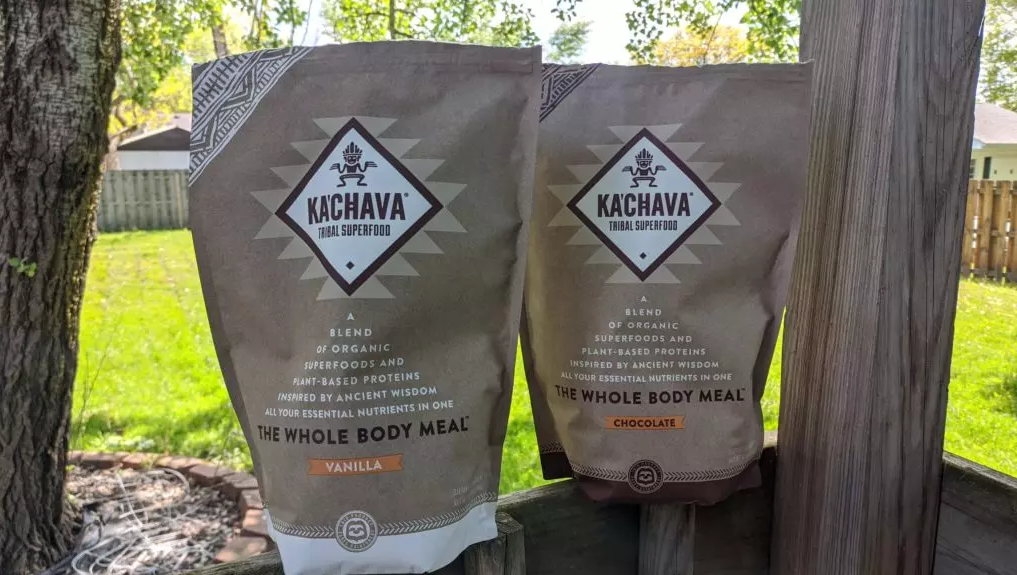
Kachava is a meal replacement shake brand that has taken over the fitness world in the last few years. The reason is that it's made of 100% natural and organic ingredients, instead of cheap fillers like maltodextrin.
Kachava, (as can be see in this in-depth kachava review,) is a complete meal replacement shake, rather than just a protein powder. So, it's as good as eating a wholesome meal with 493 grams of veggies, fruits, probiotics, fiber, a vegan protein blend, healthy fats and super foods.
The icing on the cake is the 25 grams of protein in each shake, which dwarfs the levels in most Kachava alternatives out there.
That's an unmatched ingredient profile folks.
Why I like it
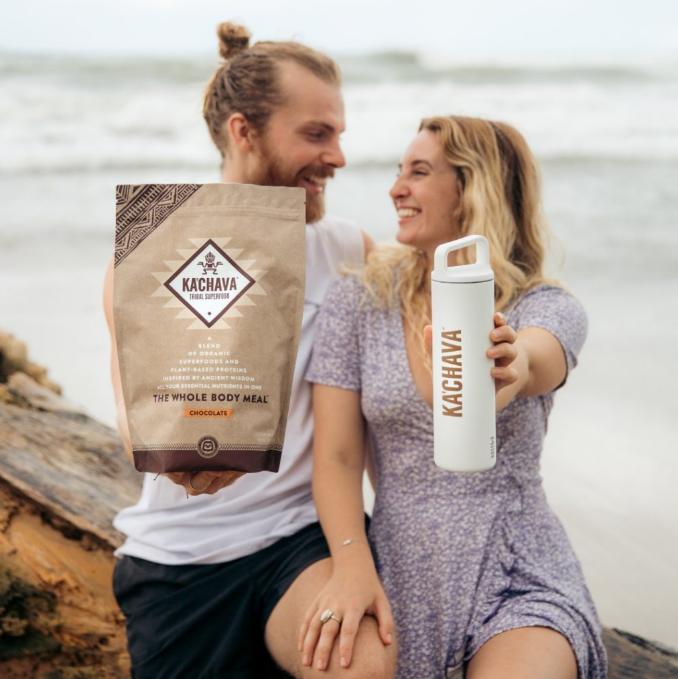
Each Kachava shake is 250 calories with 25-grams of vegan protein, and over 70 natural superfoods. My job requires extensive travel. So much so, that on most days of the week, I eat both, lunch and dinner in driveways.
Kachava has helped me swap the junk for a wholesome meal with excellent macros and micronutrients, sometimes I prefer taking meal replacement shake for breakfast, especially after my morning cardio as it helps me stay full for longer.
Besides, since it's just 250 calories, it has helped me stick to my calorie-restricted diet, without sacrificing taste or nutrients.
Talking about nutrients, I am ingesting more green veggies, herbs and probiotics than I ever did in my life. With regards to taste, Kachava tastes natural. Like my favorite vanilla milk shake. It mixes great with water without the need for a blender, does not taste synthetic, nor does it form clunks.
Best features
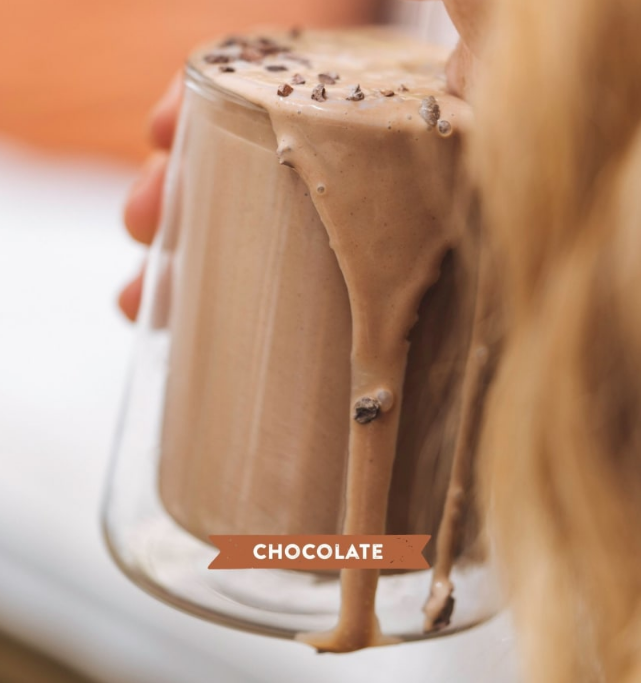
- 100% natural meal replacement shake
- Contains over 70 natural ingredients
- Veggies, fruits, herbs, greens, superfoods
- 25 grams of vegan protein, 9 grams of fiber, 9 superfruits, antioxidants, vitamins, and minerals
- 250 calories a shake
- Just 9 grams of naturally occurring sugar from the fruits. No artificial sweeteners
- Great taste. Mixes easily with water
What makes whey protein so expensive?
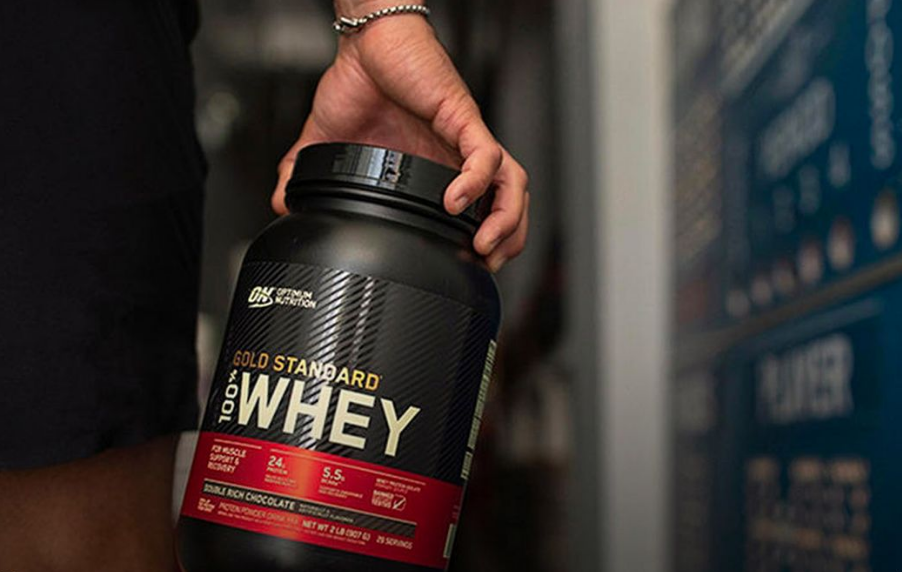
Whey Protein is a superior form of protein as compared to any other. Period. It has a complete essential amino acid profile, near 100% bioavailability, 99% digestibility, and an excellent overall nutrient profile as highlighted above.
That said, there's no dearth of inexpensive whey protein. Bulk of the Whey protein in the market is cheap. The caveat is that these generally contain poor-quality Whey leftover from the cheese industry, that undergoes several chemical processes.
Bulk of the nutrient profile is lost due to denaturing and heat extraction. What's left behind is degraded further with the addition of fillers, sweeteners and bulking agents.
Budget vs Expensive Protein Powder

To give you some perspective, we are going to compare a budget protein powder with an expensive one on the basis of pros, cons and some parameters that affect its quality.
Pros of Budget Protein Powder
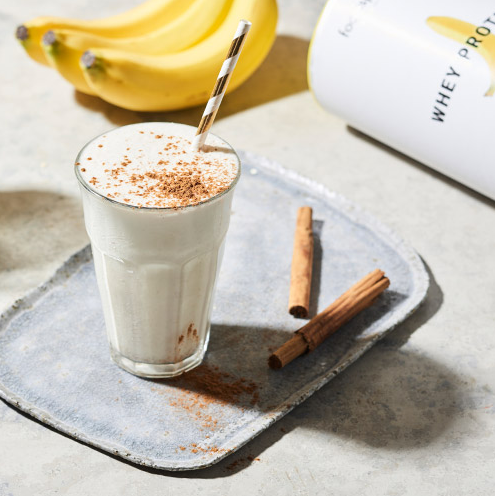
- It's inexpensive - Unless you are a professional athlete who can afford all the protein in the world, and cannot do without a high-quality protein supplements, budget protein powders can help you meet your protein intake without creating a dent in the wallet. There will be some tradeoffs which we will also speak about in a bit.
- Not all budget protein is bad - Just because a protein powder is cheap, doesn't mean it's a complete trash. I came across some excellent budget protein powders available in the market, with a decent (not amazing) ingredient list, nutrient profile, and minimal fillers.
- Large Variety to choose from - There's more variety in inexpensive protein powders than you would expect. You can choose from Whey protein, plant-based proteins, blended proteins, and all kinds of flavors to suit your taste. You've just got to watch out for poor-quality ingredients and fillers.
Cons of Budget Protein Powder
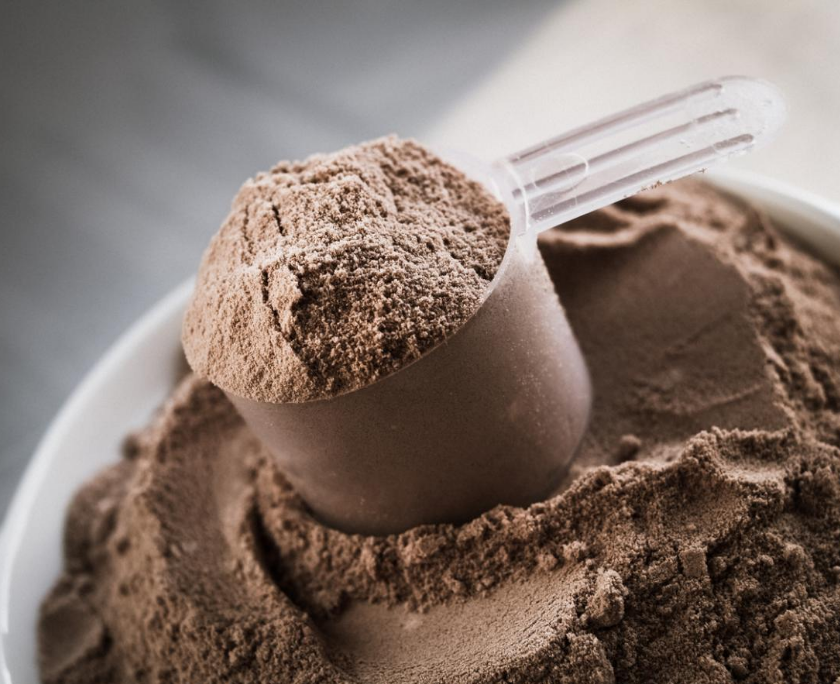
- Fillers - The most common fillers in such protein powders are maltodextrin, corn syrup and other cheap sugars. These do not add any nutritional benefit to your protein shake, and may even hamper the nutrient profile, especially if the base protein is plant-based.
- Non-Essential Amino Acids - Non-essential amino acids such as taurine and glycine are present in large amounts in budget protein powders. These are generally added to amplify the perceived-nutrient value of these powders. In reality, they do little from a nutritional perspective that the naturally occurring amino acids don't. And some might have some bummers, like creatine is thought to cause weight gain.
- Poor quality protein sources - Cheap protein powders will use mass-produced protein extracts that are generally leftover from the food processing and dairy industry. A bulk of this is imported from China.
- Poor mixability and palatability - Even if a protein powder has the best nutrient profile, you are not going to use it for long if it doesn't mix well and does not taste nice. Speaking from experience, most cheap protein powder tastes like synthetic goop and is notorious for causing bloat and gas. Especially if you have a sensitive stomach, make no mistake of going for just any protein powder out there. Thankfully, there are some cool protein powders for sensitive stomach.
Pros of Expensive Protein Powder
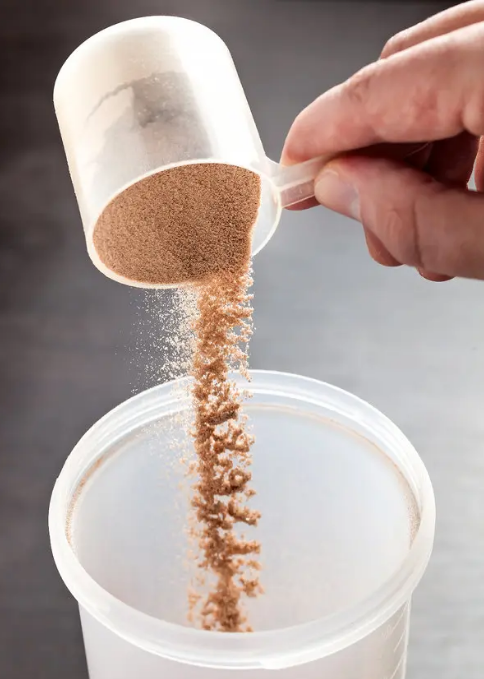
- High-Quality protein source - Generally, expensive protein powders command a hefty price tag because they use high-quality protein sources. For instance, they use grass-fed organic whey or organic pea protein isolate.
- Excellent overall nutrient profile - Apart from the quality protein source, expensive protein powders also contain other natural ingredients which amplify the overall nutrient profile of the powder. For instance, Kachava contains over 70 natural foods in the formula such as organic fruits and vegetables, amino acids, Omega-3 acids, digestive enzymes and probiotics. Kachava's close competitors, like Shakeology, or Huel, have almost similarly impressive nutrient profiles too.
- No fillers - Expensive protein powders tend to be free of fillers and unnecessary additives that are added solely to bloat the ingredient list and make it appear fancy, when it's not.
- No inflated protein concentration - Another shady business practice that's rampant in the health supplements industry is inflating the concentration of the active ingredients. For instance, a cheap protein powder that claims to contain 30 grams of protein may in fact be under-dosed. Expensive protein powders generally deliver a protein concentration that is within the range of what they claim to contain.
Cons of expensive protein powders
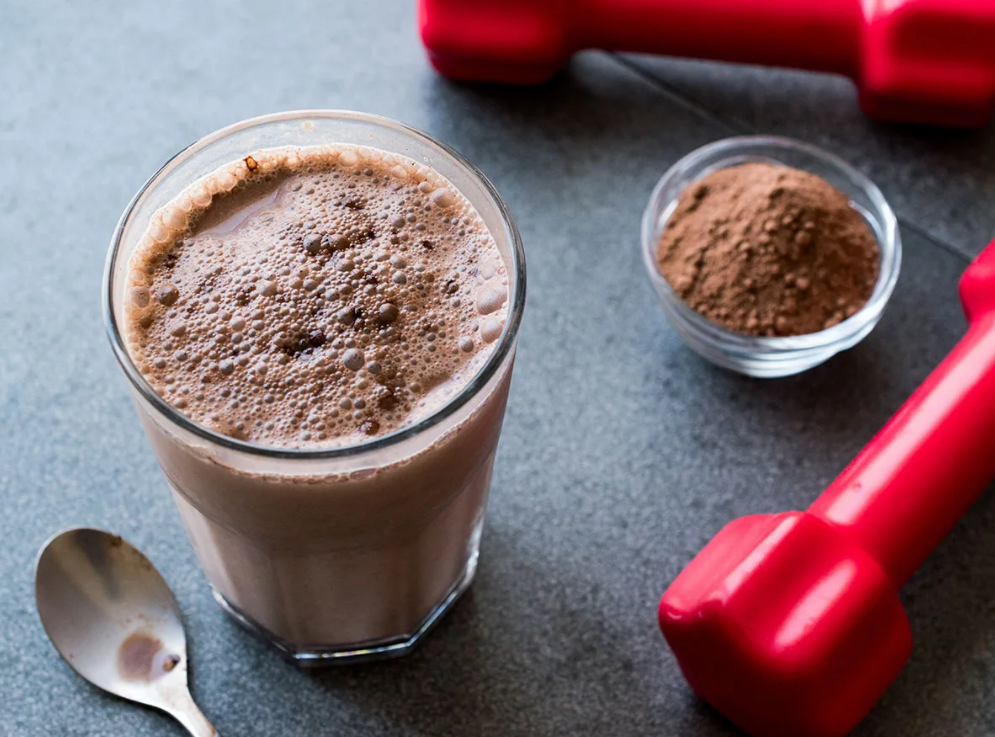
- They are expensive - Depending on your macronutrient needs and financial constraints, an expensive protein powder might not always be a viable option. If you need multiple servings of protein powder, the costs can quickly add up.
- Some expensive brands are also guilty of hyping their product - Some brands of protein powder are just overpriced for what they offer.
How important is protein?
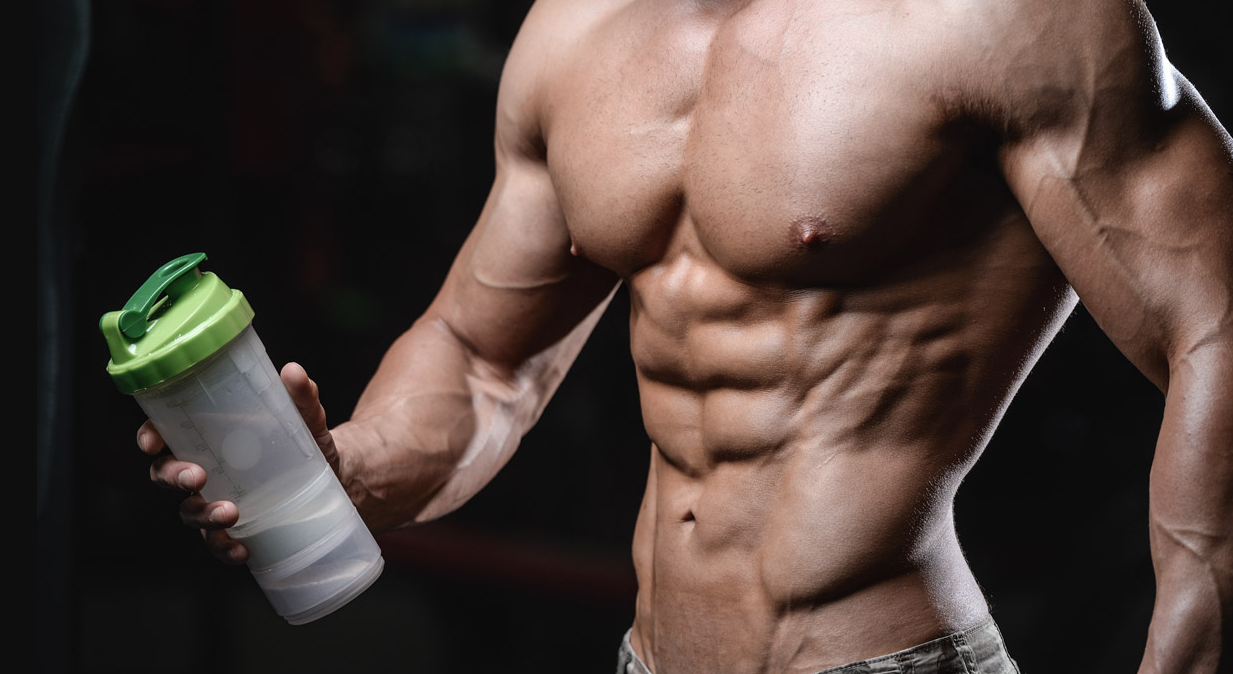
Protein powders have become so popular of late because of the increased awareness of the nutritional significance of protein, especially for an athlete or a fitness buff.
Protein is the most critical macronutrient if you are involved in any kind of fitness activity (be it a bodyweight workout or with the use of equipment like a bodybuilding home gym) or sports. It is the building block for muscles, so to say. But it also plays a critical role in a bevy of physiological processes like cellular transport and enzymatic regulation. This is why it's important to get enough protein in your diet, be it coming from food sources or protein powder.
Protein powders can be a convenient source of high-quality protein and essential amino acids for those who need additional supplementation to meet the demands of working out 6-days a week or those who are struggling to fulfill their protein requirements from diet alone.
What are the health benefits of protein powder?
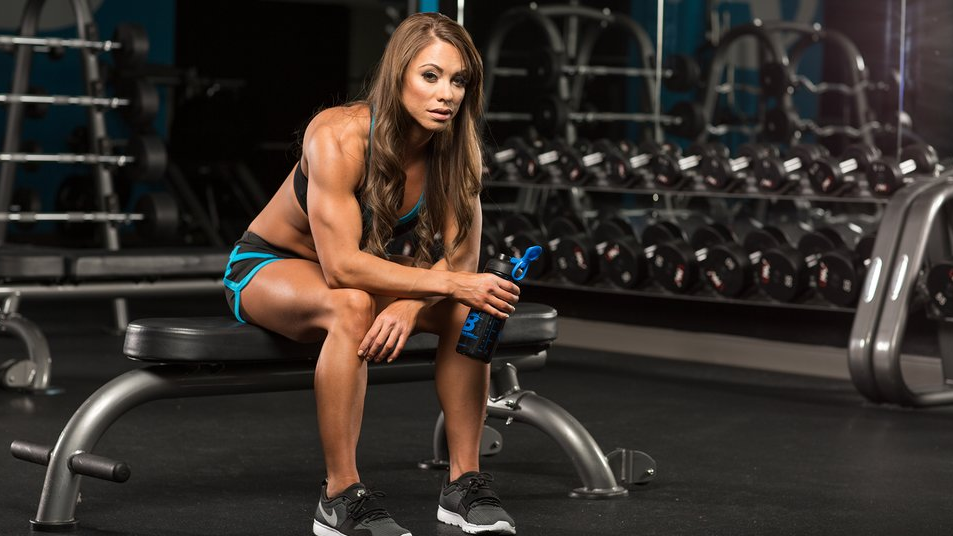
Protein Powder is a convenient and easy way to help fulfill your daily protein needs. Let's assume that you are an athlete who weighs 250 lbs. Assuming that you aim to get 2-3 grams of protein per kilogram of your body weight, you want to consume at least 300 grams of protein a day.
How likely are you to get those 300 grams of protein from real food?
A 100-gram lean steak gives you close to 25-30 grams of protein.
100 grams of chicken breast is 31 grams of protein.
1 whole egg is about 6 grams of protein.
Get the math? You might be able to stuff yourself with food for a while. But after that, you are going to get bored and feel nauseous. That's where Protein powder is so beneficial.
It's designed for easy use. Just add some water, some fruit and be done with it, some like Kachava have several recipes that are easy, fun & fast to prepare. You can throw in two scoops into a single shake and get 50 grams of protein in a glass. That's unbeatable. To add to this, protein powders have 100% bioavailability. At least quality whey protein does.
It's easier to digest and does not contain copious amounts of saturated fat like red meat does.
Best Budget Protein Powders
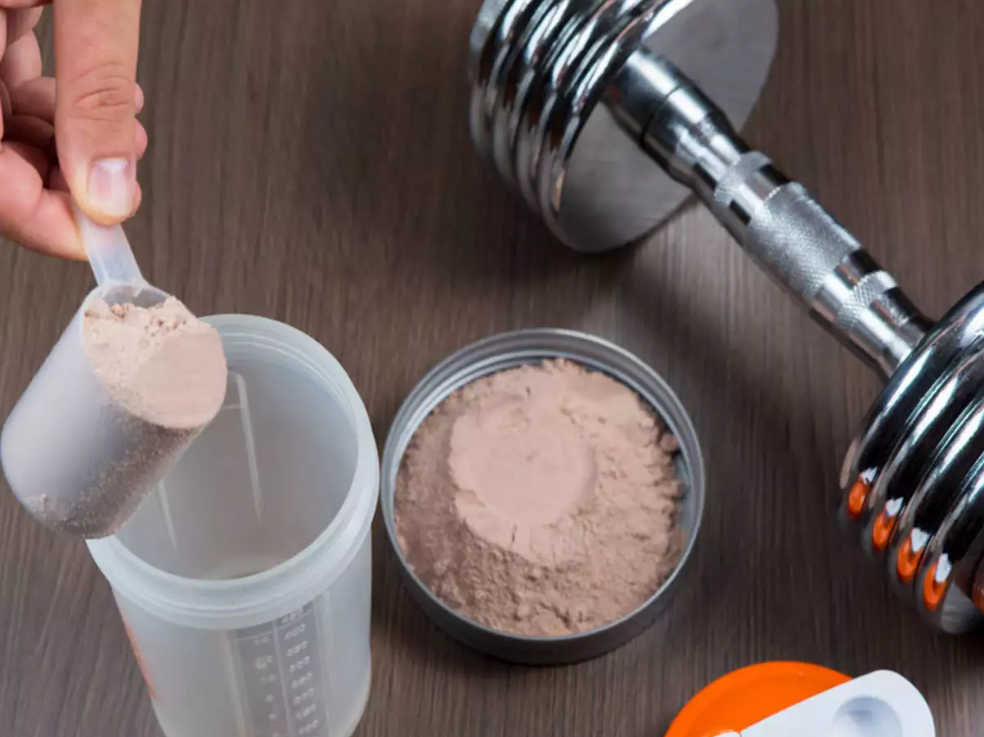
Apart from Kachava which I use as a meal replacement shake, here are a couple of budget-protein powders that I found. Both of these have excellent nutrient profiles and great customer reviews. If a protein powder that doesn't break the bank is what you seek, these are your best options.
#1 - Muscle Milk Genuine Protein Powder - Cheapest Protein Powder
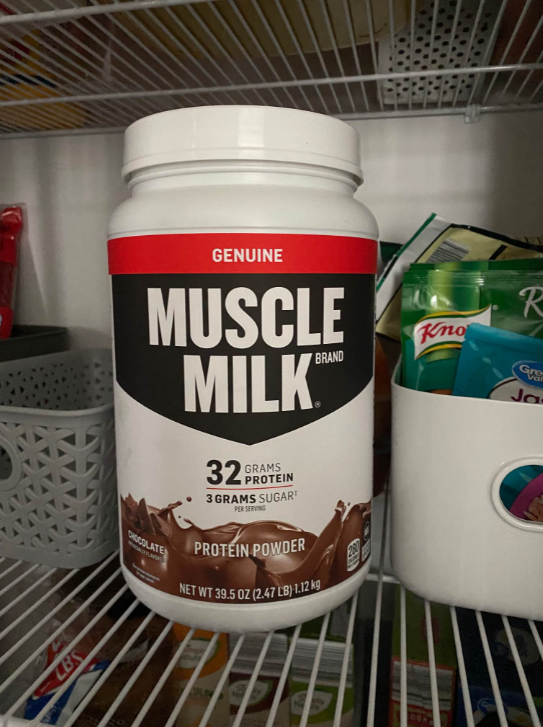
Muscle Milk is a protein blend that contains Whey Protein Isolate, Concentrate, Soy Protein, and Casein. It's 16 grams of high-quality protein in a scoop. Since a single serving is two scoops, make those 32 grams a shake.
One of the reasons for its popularity, other than the dirt-cheap price tag of course, is the taste. Muscle Milk is the most delicious protein shake you'll ever come across. It is available in 10-flavors, each one sweetened with Monk Fruit. So, no sugar and no aspartame.
The only downside of Muscle Milk is its inclusion of Soy Lecithin, which some people are not comfortable with. But if you can look beyond this tiny bump in the road, you are looking at a shake that gives you the most bang for your buck.
Why I like it
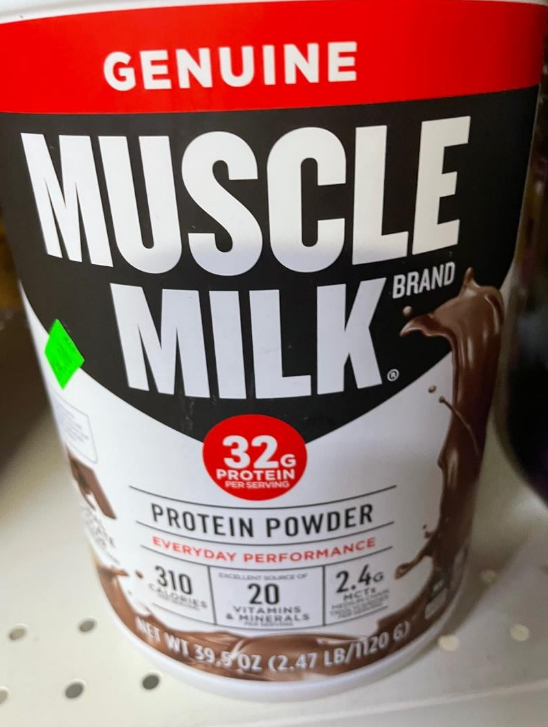
- Cheapest, quality protein shake
- 32-grams of protein per serving
- 10 delicious flavors -- No matter what your taste preferences, there is something for you in its massive flavor collection.
- Monk fruit sweetened.
- Available in Chocolate, Cookies and Cream, Strawberry N Creme, Banana, Cookies & Cream, Cake Batter and More
- A blend of Whey Isolate, concentrate and casein
- Complete amino acid profile
- 20-Vitamins and Minerals added
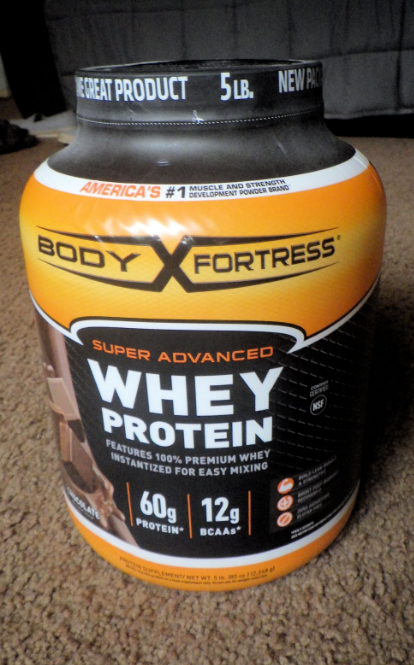
The Body Fortress Super Advanced Whey Protein gives you a whopping 60 grams of Whey in a single serving. That's just incredible value considering the price tag. Each serving is further fortified with a Recovery blend, that includes Creatine Monohydrate and two amino acids that reduce muscle soreness after workouts.
It is 100% Gluten and Aspartame free and gives you 12 grams of BCAAs a serving, in addition to the protein.
One of the problems that I have encountered with cheap protein powder is that it has terrible palatability and mixability. The Body Fortress Whey Protein though, is very smooth. It mixes well in water, milk, or even fruit juices. That too with a shaker. Never had to use a blender with it.
Why I like it
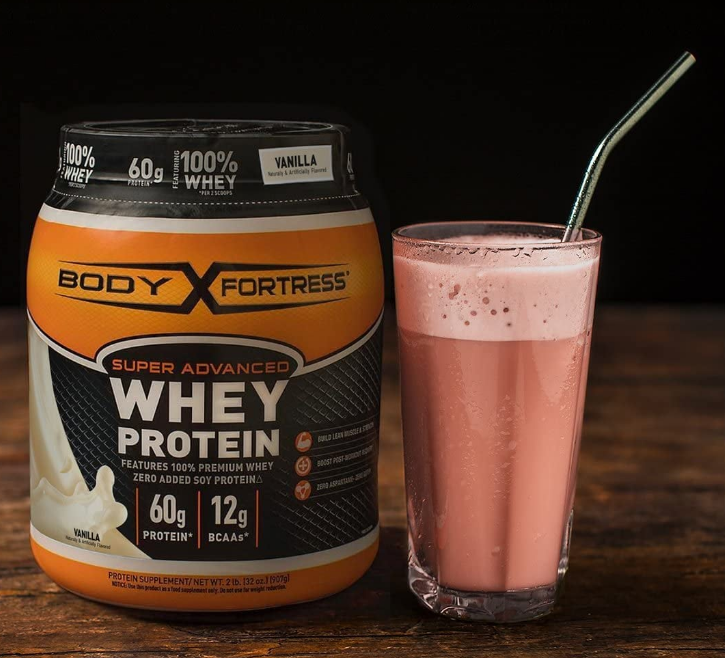
- 60 grams of protein in a serving
- No Soy, No Gluten, No Aspartame
- Low Calorie Shake
- Great Value
- No artificial flavors, No Colors.
- 12-grams of Amino Acids
- Recovery Blend added with 4 grams of Creatine Monohydrate
Best Expensive Protein Powders
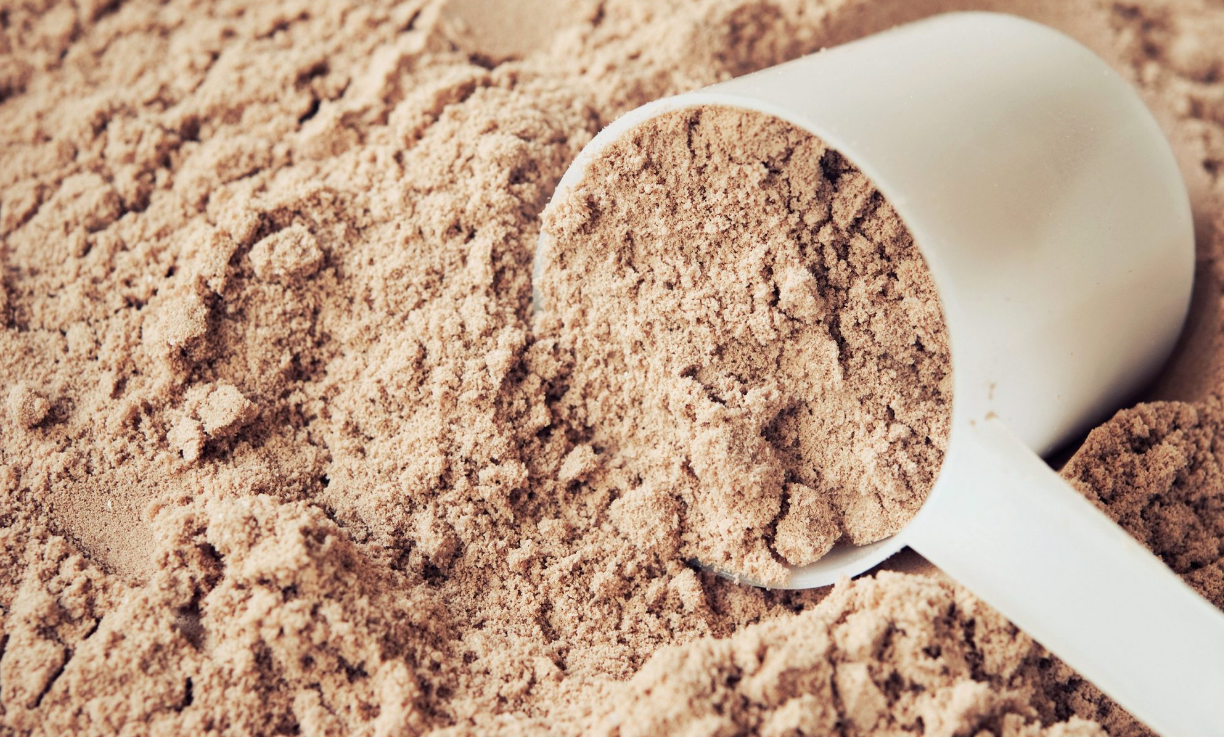
If you are not pinching pennies, then there are some fine protein powders in the offing folks. We are talking top-of-the-line sports nutrition formulas with grass-fed organic whey, in addition to many other premium ingredients that you would not find in regular varieties.
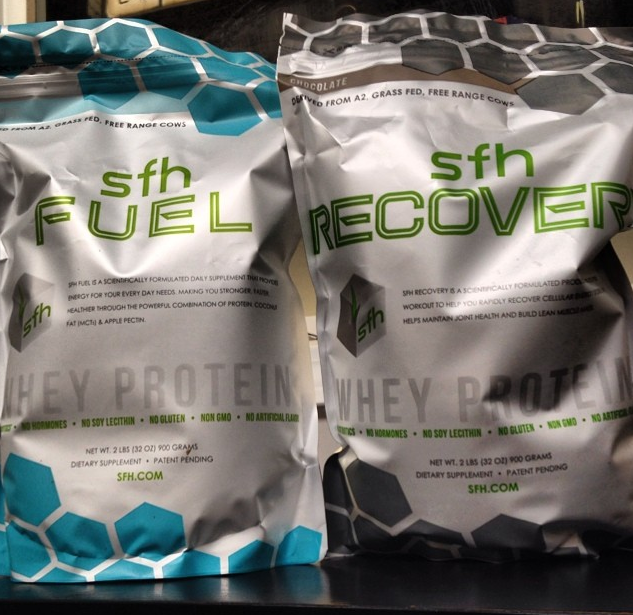
SFH stands for Stronger, Faster & Healthier. This premium health supplements brand boasts of the right raw material, a clean label, and an impressive overall nutrient profile.
The Whey is sourced from Grass-Fed, Free-range cows from selected farms in New Zealand and Australia. There are no added fillers or junk that brings no nutritional value to the formula. It's cold-process which stands for non-denatured protein, that leaves the nutrient profile intact.
I also liked the recovery blend that includes Creatine Monohydrate, CO-Q-10, L-Leucine, N-Acetyl L-Carnitine & D-Ribose. Most importantly, the SFH recover whey protein tastes like my favorite chocolate milk. It's not too thick when blended. Does not overwhelm you with a synthetic aftertaste either.
Why I like it
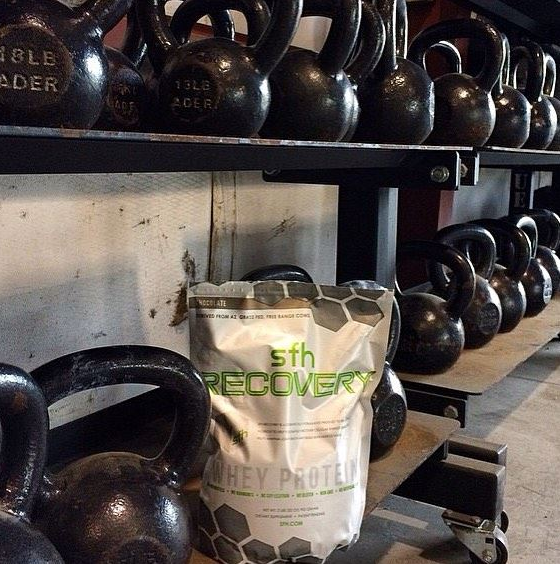
- 100% organic, grass-fed, free range whey
- Grass-Fed New Zealand Whey Protein Concentrate
- Clean Label with No Junk or Fillers
- Cold-processed 100% non-denatured whey proteins that leave the nutrient profile intact
- Recovery blend added for enhanced recovery and overall health
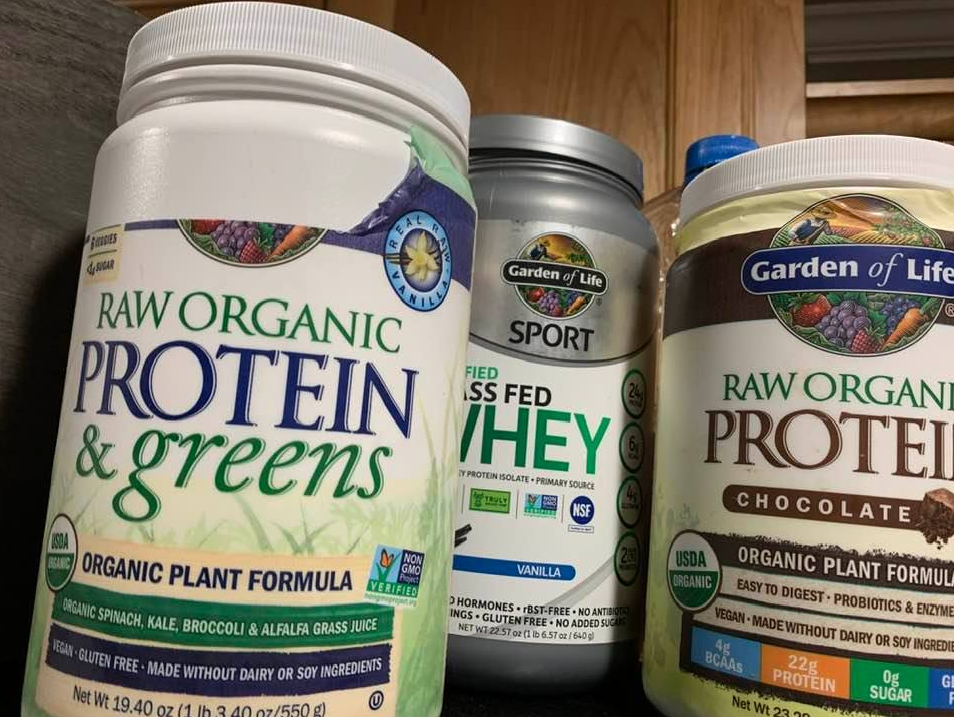
Garden Of Life has built a reputation for making some of the finest organic health supplements. So, I am not surprised about how good their Whey Protein is. This is a sports-certified protein powder with a clean, verified source of organic whey.
As expected, it's grass-fed, free range. What's more important, is that it's sourced right here in America from small Irish family farms that practice sustainable farming. The cows graze on natural grass and are rarely fed a supplemented diet.
Coming to the more pressing details, each shake is 24 grams of Whey Isolate. It's cold-pressed, non-denatured and as pure as they come. In addition to this, you get around 6 grams of BCAAs, 4 grams of Glutamine and 2-Billion CFUs of probiotics. No zero bloat and gas.
Why I like it
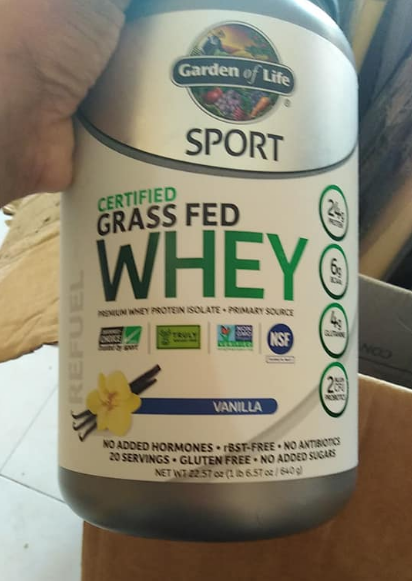
- Trusted brand with verified and clean raw materials
- Grass-Fed, Free Range Whey sourced in America
- 100% organic with no fillers or artificial ingredients added
- Cold-processed whey for non-denatured nutrients
- 24 grams of Whey Isolate added for enhanced protein synthesis
- 6 grams of BCAAs and 4 grams of Glutamine
- 4 billion CFU probiotics added for immunity boost
- Zero processed sugars, zero preservatives
Does It Matter What Protein You Take?
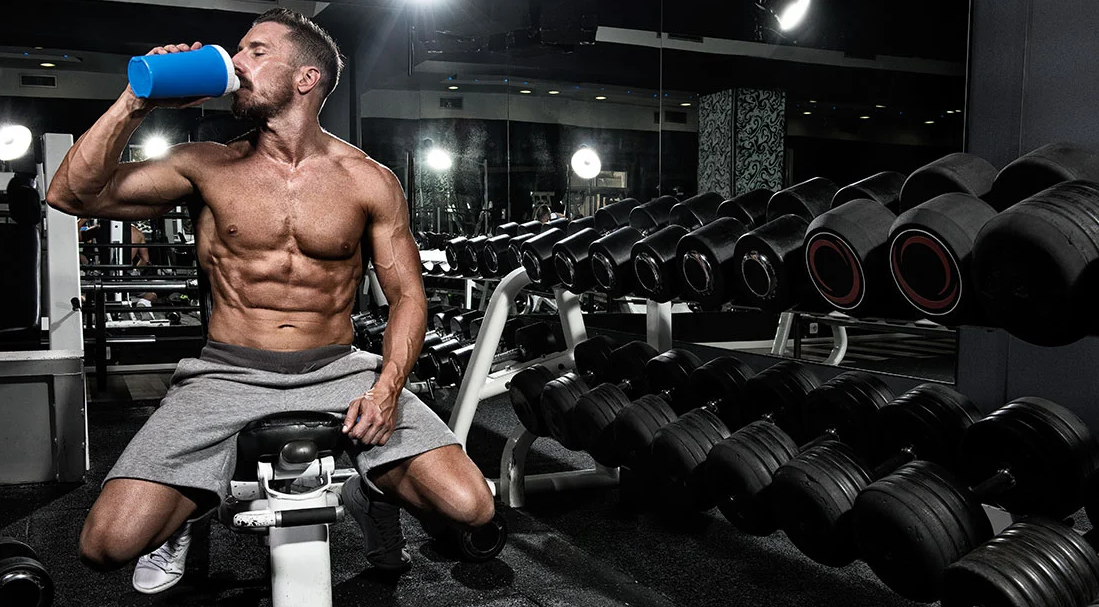
It depends on how you choose to look at it. There's ample evidence that says that not all protein is cut from the same cloth. So, if someone's trying to feed you the BS that Whey is Whey, don't fall for it.
They are 100% shilling something. Expensive protein powders with organic, traceable ingredients and clean labels go beyond giving you a specific concentration of protein in each shake. They retain the natural nutrients, prevent the existing ones from getting degraded due to heat exposure, and generally throw in a bunch more vitamins and minerals.
Are more expensive protein powders better?

They certainly are. At least the ones that I have listed here.
The point is? Do you need the purity, the traceability and the squaeky clean ingredient list? Is it going to make a difference in how you feel at the end of the day after a vigorous workout? Maybe, maybe not.
If you can afford it, I'd say go for it. If you cannot, then I have already listed some great options that won't break the bank.
What To Look For When Buying Protein Powder?
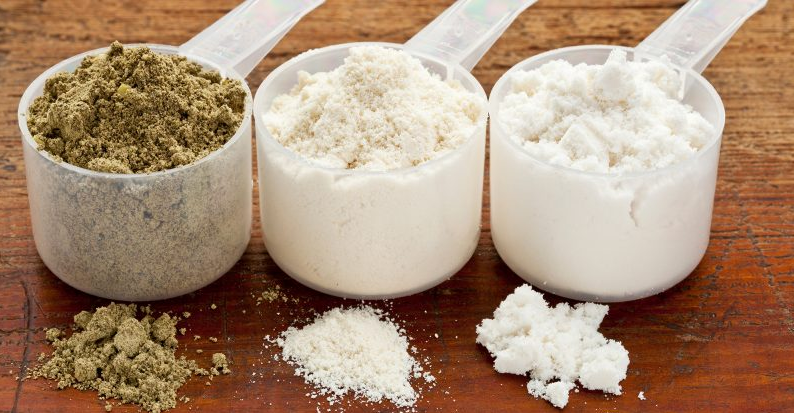
There's a lot of smoke and mirrors in the supplement industry. As a result, it's not always easy to understand what you are trying to look for when buying protein powder.
More so, because when you compare that expensive tub of protein powder to the cheap tub of protein powder, the ingredient labels look eerily similar. You start to wonder how it's possible that the expensive one is better than the cheap one.
Here's how you can spot and separate a cheap protein powder from an expensive one.
The Type of Protein
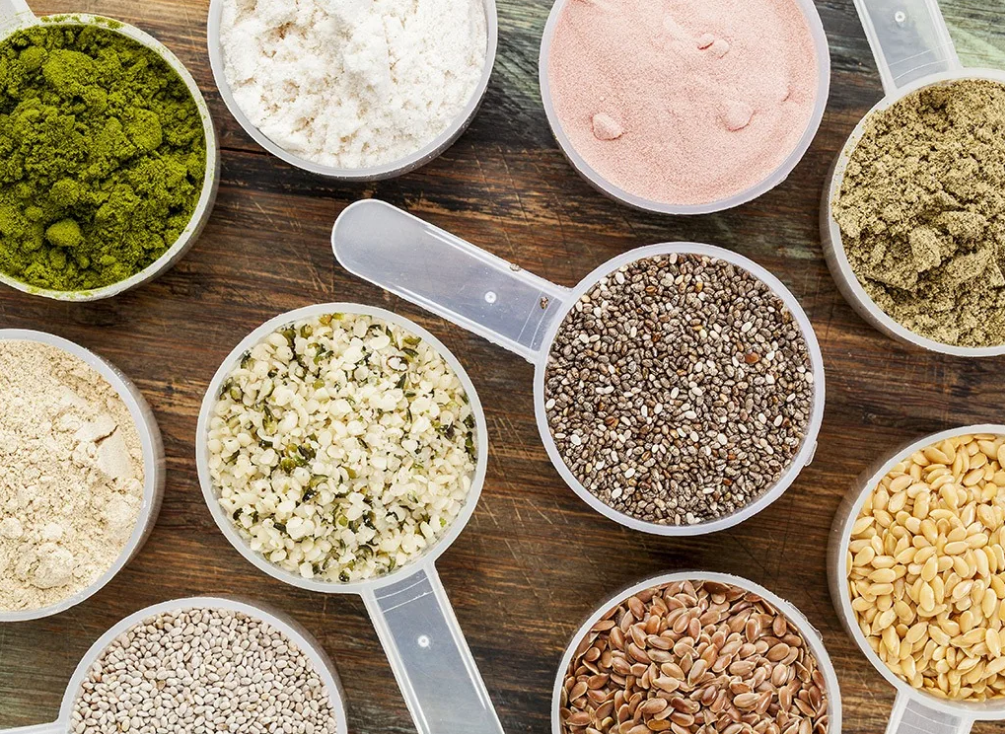
Whey is the most popular choice for a reason. It's readily available, it absorbs fast, is digestible and comes in a bevy of flavors to boot. If you are looking for Whey, ensure that you know whether the protein powder contains Whey concentrate (blend) or Isolate.
If you are lactose intolerant, Whey Isolate may be easier on your gut. Else, you can just look for vegan-friendly protein powders - Shakeology or Shaklee may be great alternatives for you. They are much easier to come by these days and don't cost a lot more than Whey Isolate either.
The top choice if you are Vegan, is Pea Protein. It rivals Whey Isolate in terms of bioavailability and amino acid profile.
Extraction Tech
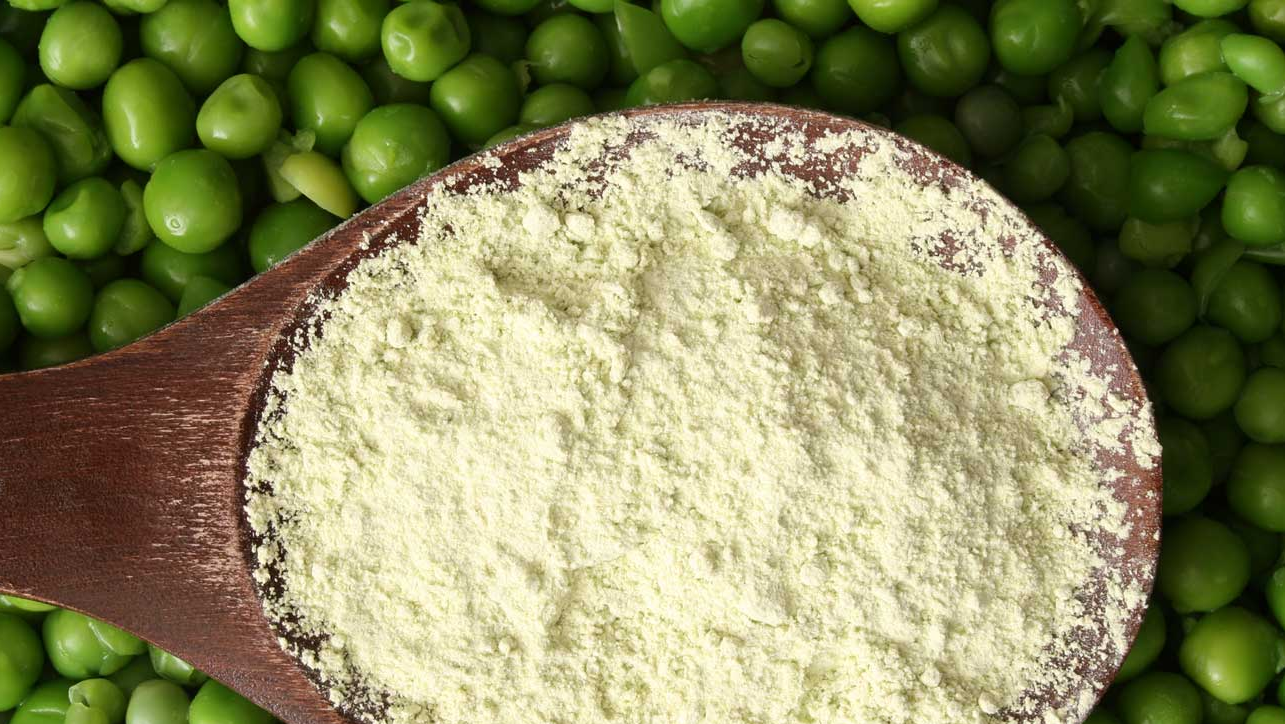
Is the protein cold-processed and non-denatured? Is it processed using more run-of-the-mill tech like ion exchange, cross-flow microfiltration, or acid washing?
People sometimes don't give due credit to the extraction process. But it can make all the difference when you are trying to identify a protein powder that's clean, pure, and natural.
Taste & Mixability
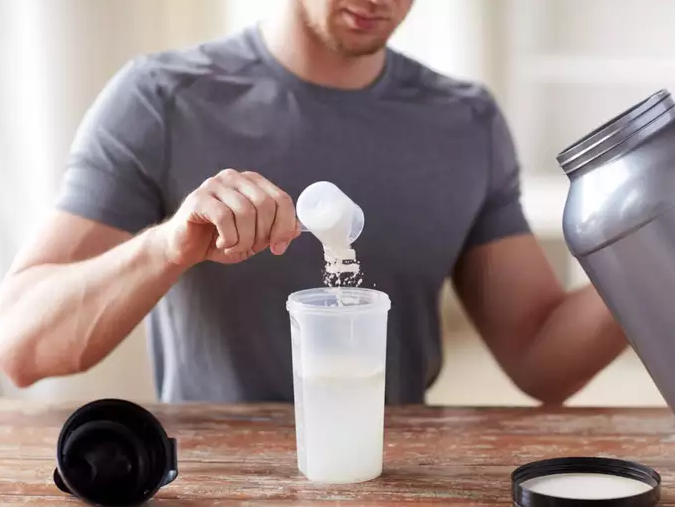
There's nothing worse than a protein powder that tastes like clay, or is thick and gritty. But the taste is such a personal thing that it's impossible to say for sure whether a protein powder is good or not.
All I can say is, stick to the trusted brands that have great mixability, natural sweeteners, and no aftertaste.
Nutrient Profile and fillers
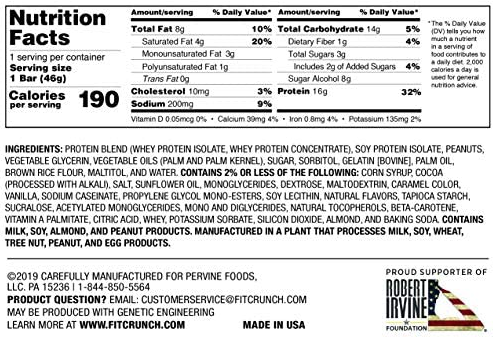
We generally tend to get carried away looking at the protein concentration in each serving. 60 grams of protein for instance, sounds more potent than 16 grams. But how good is the protein? What variety is it? What other nutrients does the shake contain?
While protein is the most important ingredient, you cannot neglect other macros and micros.
FAQS about why protein powders are expensive

Still have some more questions on what makes protein powders so costly? Here are more answers.
Q. Is It Cheaper to Make Your Own Protein Powder?
A. It might be if you can source unflavored raw protein powder in bulk. But then you'd have to make it palatable. The mixability would be a hit or a miss. As long as you are okay to overlook these aspects, which are deal breakers for me personally, you can go ahead and try to make your own protein powder. I wouldn't do it myself.
Q. Are Protein Powders a Waste of Money?
A. If you can get your daily protein intake from whole foods alone, then yes. They are. But if you ask me, Protein Powders are the easiest way to get your protein intake up to par, especially if you are looking at 200 grams or more of protein per day.
And it's not like you are spending too much for the convenience of having it flavored, sweetened, and in powder form.
A good protein supplement is a great way to get the benefits of extra protein without having to worry about hyper-focusing on your dinner plate all the time.
Q. Why Is Whey Protein so Expensive?
A. As we mentioned in detail, it all depends on the type of whey protein, the extraction tech used to produce it, and the source. If you want a cheap Whey Protein, there's no dearth of it. But if you are looking at a premium supplement that you can trace back to the cow milk that the batch of whey was extracted from, then you have to pay a premium price.
Q. Is It Cheaper to Make Your Own Protein Powder?
A. It probably is. But is it worth the time you spend trying to make it? Is it worth the hassles? Not for me. I'd rather spend a few extra bucks and get home a trusted protein powder brand.
Related Readings:
- Seated Calf Raise Exercise Guide – How to, Muscles Worked, Variations, Alternative Exercises
- Star Plank: How To, Variations, Benefits, Muscles Worked, Beginner Mistakes
- Australian Pull-Up – How To Do It, Muscles Worked, & Alternative Exercises
- Creatine for Women – Should Girls Use It? Sports & Performance Benefits Explained
- Best Huel Alternatives – 9 Cheaper Substitute Meal Replacements That Are Better
- How Much Weight Loss Causes Loose Skin
Resources:
Ben Mayz
Hi there! I'm Ben, main author and chief editor at Fitlifefanatics.com. I have been obsessed with Strength Training and Fitness for 18 years now.
My passion for living a happy fit lifestyle is what made me realize that fitness is what I wanted for my future.
I went on to earn my Masters in Sports Training & Biomechanics.
My passion for Strength training & fitness and my love of helping others is what made me start Fitlifefanatics.
Here, myself, and a team of specialist aim to provide the most accurate, and actionable information possible in hopes to help foster the fitness community forward.
You can learn more about Fitlifefanatics on our About Page

